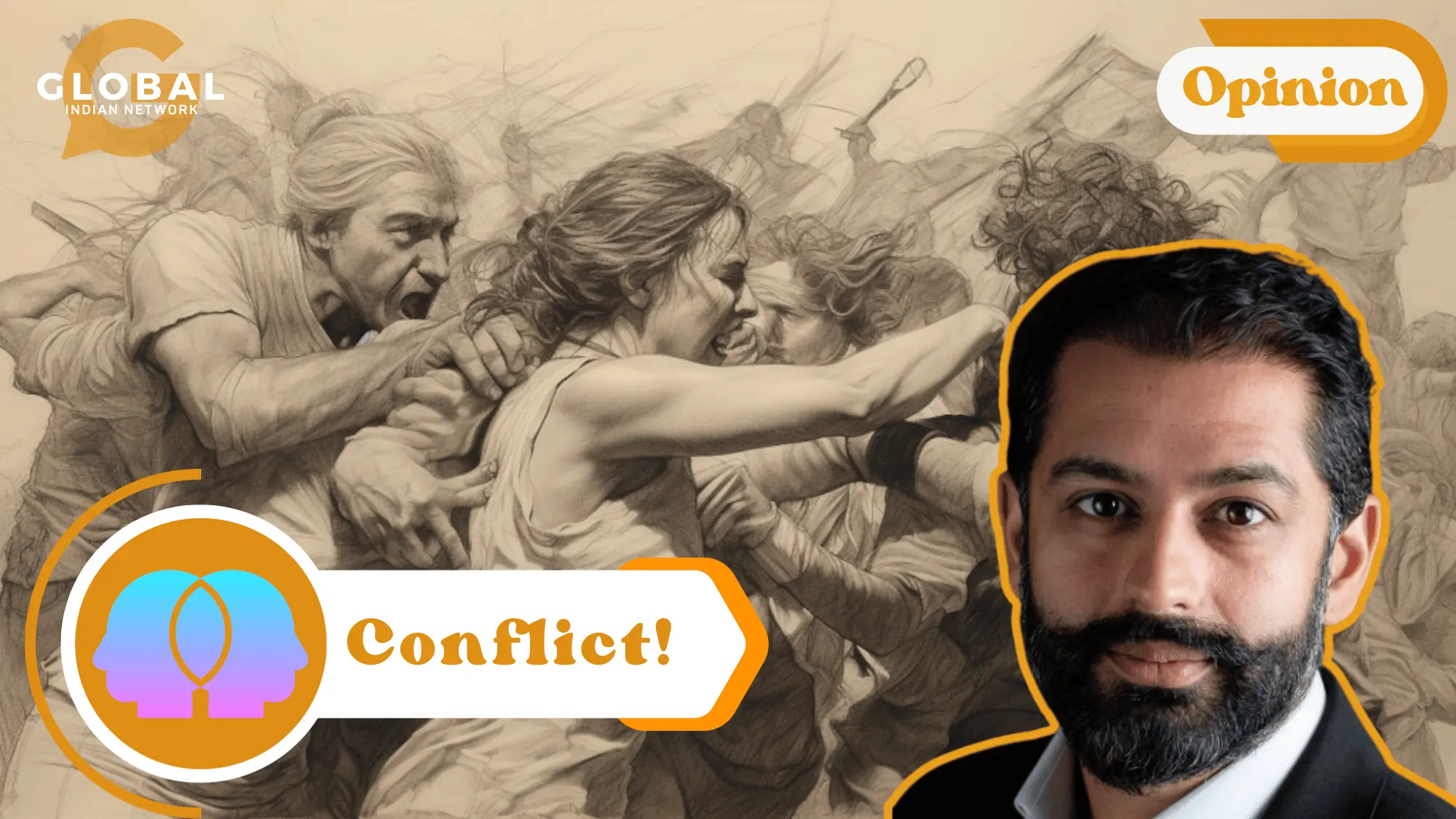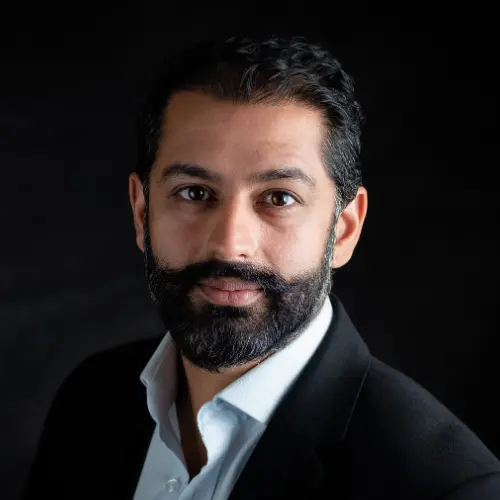“A deliberate and delicate line between reality and the fantastical.“
In the realm of journalism, where the words we choose can dramatically shape perceptions and perspectives, there exists a form of storytelling that dances on the deliberate and delicate line between reality and the fantastical. This genre, known as magical realism, offers a unique lens through which we can explore the significance of language in covering past and present conflict. Let’s face it: In a life inundated with information, the choices we make in our words matter profoundly. They hold the power to transform mere narratives into instruments of understanding, empathy, community or weapons that inflame anger, justify death and ensure social decay.
The way I write at the Global Indian network is in line with introducing elements of the extraordinary into the everyday. This technique invites readers to suspend disbelief and consider the mystical as an inherent part of reality. In the realm of conflict journalism, the infusion of this form of magical realism is not about conjuring actual magic but about revealing the enchanting and elusive nature of the truth.
Unconscious Bias: The Hidden Hand That Rocks the Cradle
Unconscious bias is a spectre that haunts not only the journalistic profession but also leaches on societal progression. Our words, consciously or unconsciously chosen, can either perpetuate bias or dismantle it.
Unconscious bias in journalism poses significant dangers. These biases can severely influence the selection of stories, framing of issues, and enforced misperceptions. Unfortunately, this can often lead to solidifying stereotypes of communities, fuelling prejudice, and under-reporting important issues, which perpetuates harmful narratives. (On a personal note, for me, this is the true pandemic of our times.)
“As readers and unsuspecting consumers of news, we must actively seek out diverse perspectives and critically examine the language used in the stories we encounter.”
Challenging our writing styles can provoke thought and confront preconceptions, helping readers see the world through a different, more empathetic lens. Something that I personally believe the world desperately needs more now than ever.
Consider an account of a conflict zone where instead of just describing the destruction and othering, a journalist weaves a tale of trees that whisper forgotten stories to the survivors on both sides or rivers that carry the tears of the collective dispossessed to a far-off sea. Such storytelling transcends the conventional narrative, creating a space for readers to reflect on the profound human experiences underlying every conflict. It reminds us that in the midst of turmoil, beauty and resilience can still be found. It also connects us to the nature of truth, that common sense can prevail despite political coercion. War and conflict are not a need in present-day society but are tools for financial gain or voting influence to those who selectively eroded their moral and ethical obligations.
Words, as conduits of emotion and understanding, have the power to humanize when all we see is anger. In the theatre of conflict, where opposing forces often reduce one another to faceless enemies and, as a consequence, entire communities are branded evil in the court of manufactured public opinion, words can serve as safety bridges. By employing the magic of language, we can tell stories that invite readers to identify with individuals on all sides of a conflict, highlighting their shared humanity. This is not to romanticize the situation but to reveal the complexities, vulnerabilities, and common aspirations that often go unnoticed.
In a world where certain regions are persistently painted with the brush of violence, separatism, drug abuse or poverty, these fantastical elements can help reshape perceptions. A journalist might describe a war-torn city where children fly with the wind and sing songs that echo across borders and religions, challenging the expectations of victimhood that often hang over such places, in turn providing the oxygen of thought of different perspectives on the issues that impact most.
But in no way should this be construed that we obscure the harsh realities of conflict. Rather, it should illuminate them with a different kind of light that reveals the multifaceted nature of the lived human experience. It’s an approach that makes room for the miraculous and the mundane to coexist in the same narrative on the backdrop of distinct turmoil, acknowledging that beauty and resilience persist even in the darkest of our times.
Audiences: You, Too, Have a Part to Play
Audiences, however, bear a critical responsibility in this symbiotic relationship between language and conflict coverage. They must be aware of the role they play in the perpetuation of biases and the shaping of narratives. As readers and unsuspecting consumers of news, we must actively seek out diverse perspectives and critically examine the language used in the stories we encounter. In my opinion, most self-regulated “news” channels offer simple opinions rather than the journalist integrity required when covering stories of critical impact. They bench themselves on clickbait views and divisive comments that intentionally raise the collective blood pressure of many willing spectators.
Are audiences ready to be confronted with tales that employ vivid introspection? Or is the truth a simple inconvenience?
“Encourage journalists to continue exploring unconventional approaches in their storytelling.”
Listen smarter
In a world that so often feels divided, with conflicts that appear insurmountable, the magic of language holds the unique power to heal, bridge gaps, and foster deeper understanding. By embracing this when covering conflict, we can unearth hidden narratives and challenge our own biases. We can turn words into instruments of empathy and reconciliation, reminding ourselves that in the midst of chaos, words, like magic, have the power to change the world.
If you want to see words in motion, check out our series of podcast shows that plunge you deeper into the heart of the moment issues.
Have an opinion on this matter? Let us know your thoughts in the comment section below. If you want us to feature your opinion piece, send it to larra@globalindiannetwork.com.










